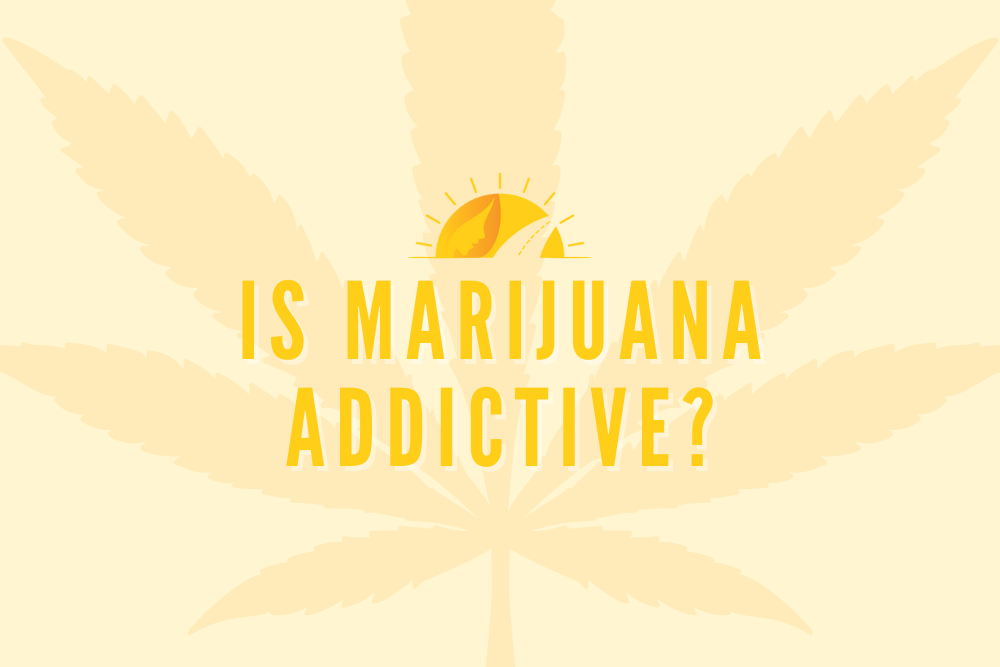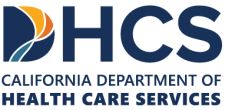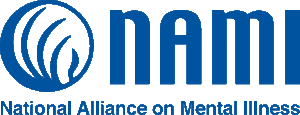Today, recreational marijuana has been legalized in 18 states plus the District of Columbia. Nonetheless, federal law still classifies marijuana as a Schedule I substance with no legitimate use, and rumor paints it as a gateway to serious addiction and violent crime. Where does the truth lie? Can you get addicted to weed?
Addiction to Weed: Marijuana Use Disorder
There are real health risks in using weed. And one risk is addiction—medical term “marijuana use disorder.” At least 9 percent, perhaps as many as 30 percent, of users have this disorder. Over 100,000 people a year are treated for it.
Symptoms of weed addiction include:
- Red or bloodshot eyes
- Constantly coughing up mucus
- Poor coordination
- Chronic anxiety
- Reduced learning ability
- Withdrawal symptoms (irritability, insomnia, nausea, chills, headaches) after periods without marijuana
- Craving larger doses of the drug
- Neglecting hobbies, relationships, work and self-care to acquire and use the drug
- Repeatedly attempting to set limits on one’s use of weed, then failing to stick to those limits
While marijuana overdose and withdrawal rarely kill outright (as can happen with drugs such as fentanyl or alcohol), addiction has obvious potential to destroy life in other ways. By medical definition, addiction goes beyond physical dependence: it means that ensuring regular doses of the drug has become the unrivaled top priority in a person’s life, and that her use is driven by literal compulsion that overpowers all attempts to stop.
Other Risks of Using Weed
It doesn’t help that the average per-dose percentage of THC (the psychoactive component in weed) has quadrupled since the 1980s. More potent weed means more risk of developing addiction—and of immediate hallucinations, violent mood swings and accident-inviting behavior.
Over the long term, weed use can lead to mental disorders and lowered IQ. Also, when the drug is smoked, there’s a risk of developing the same heart and lung problems associated with smoking in general.
What About Medical Marijuana?
The above information focuses on recreational marijuana. But over 800,000 people in the U.S. take marijuana for medical reasons, and a few points deserve mention there.
Prescription drugs are not necessarily safe. Medically prescribed marijuana is supposedly safer than drugs found on the street (if used according to prescription), but there’s no guarantee against harmful side effects.
Laws on marijuana possession differ. People have been arrested for bringing prescriptions into states with laws against all marijuana use.
No medication can replace personal proactivity and initiative. The best solution to any problem always includes purposeful activity on your part. Commit yourself to regular doses of goal-setting and healthy human interaction!
Addiction Treatment for Women
If you’re struggling with dependence on weed or any other drug, know that quitting “cold” rarely works. Even if you tough it out and lose the immediate cravings, other issues behind the drug problem will continue to trouble you, and may soon tempt you back into active drug use.
Especially if you also have severe anxiety, depression or other mental–emotional issues, your best option is professional medical help with follow-up counseling and accountability. At Rising Roads, our gender-specific women’s program treats all types of addiction and mental health challenges. Contact us today to get started reclaiming your life and health!
Recommended articles:
- “Addiction (Marijuana or Cannabis Use Disorder).” (Centers for Disease Control and Prevention)
- “Is Marijuana Addictive?” (National Institute on Drug Abuse)
- “Marijuana Addiction and Abuse.” (WebMD.com)
- “Marijuana Overdose: Symptoms and Treatment.” (WebMD.com)





